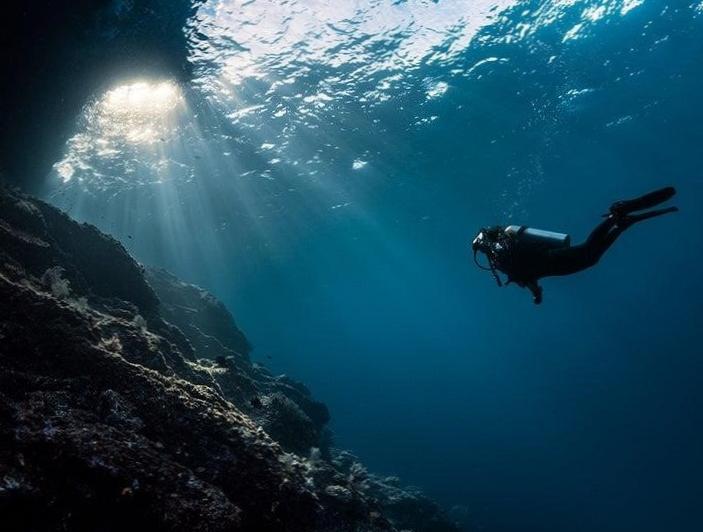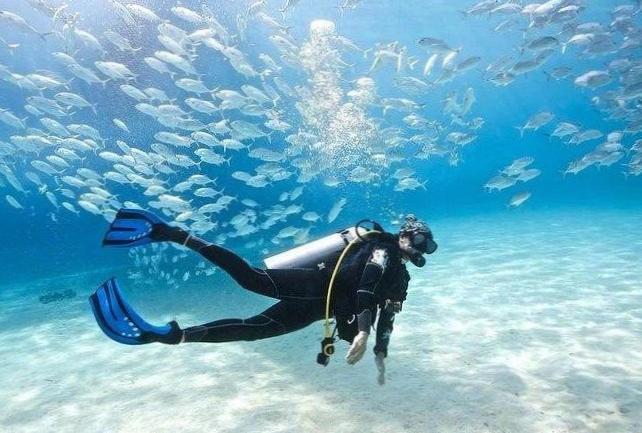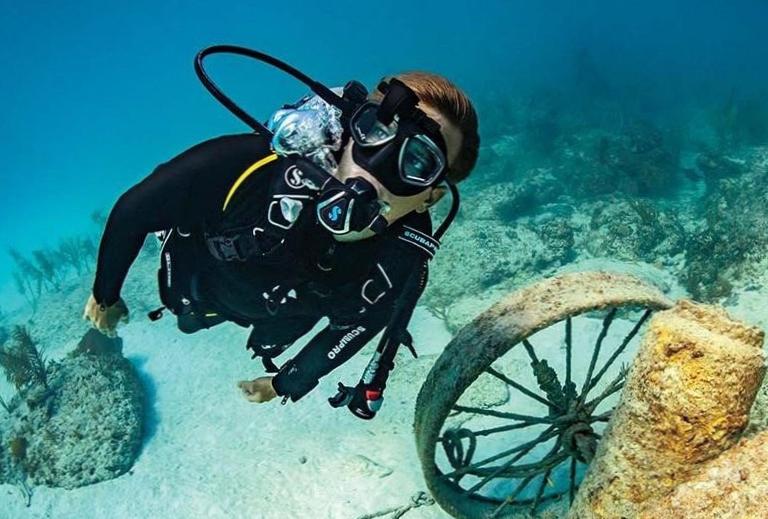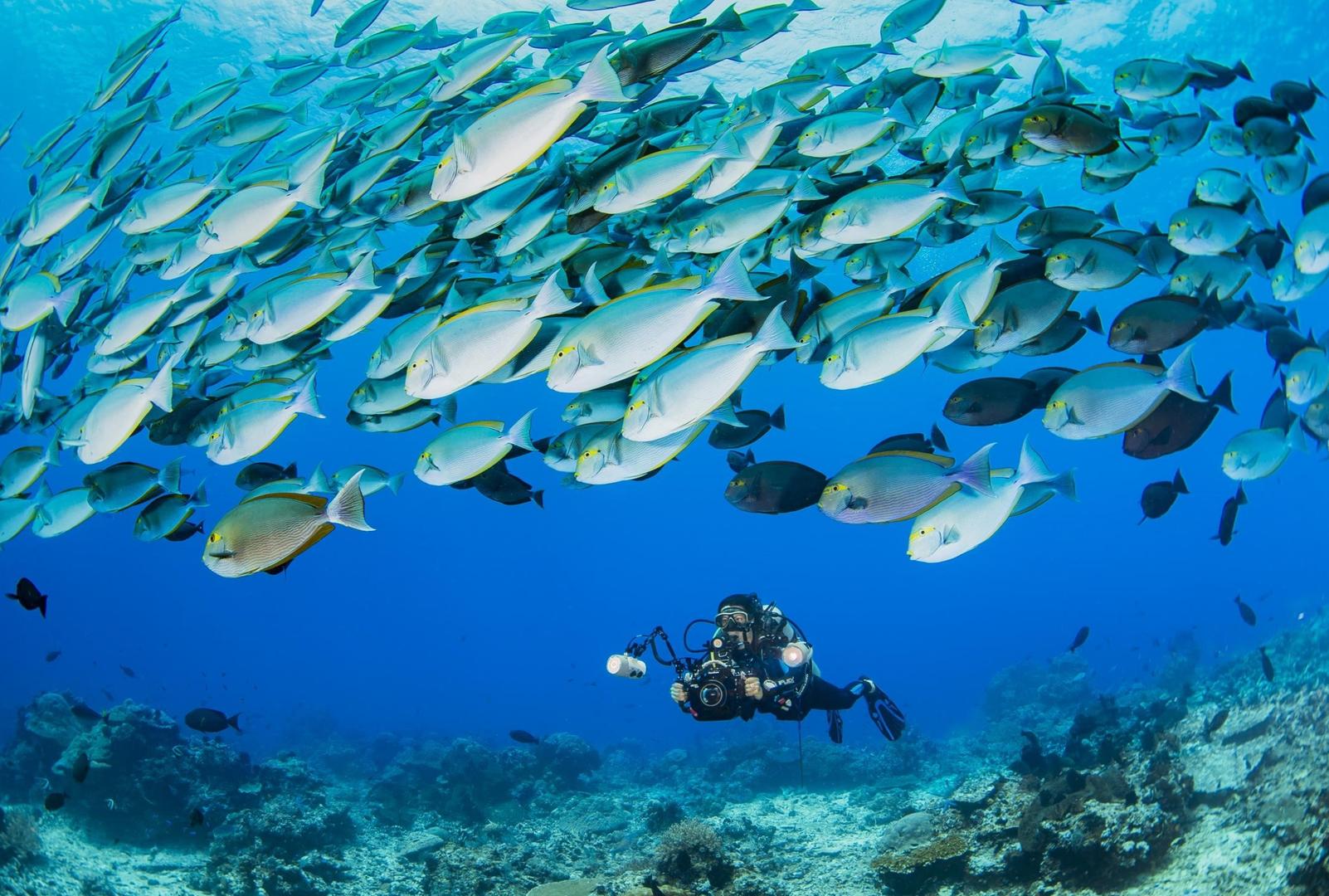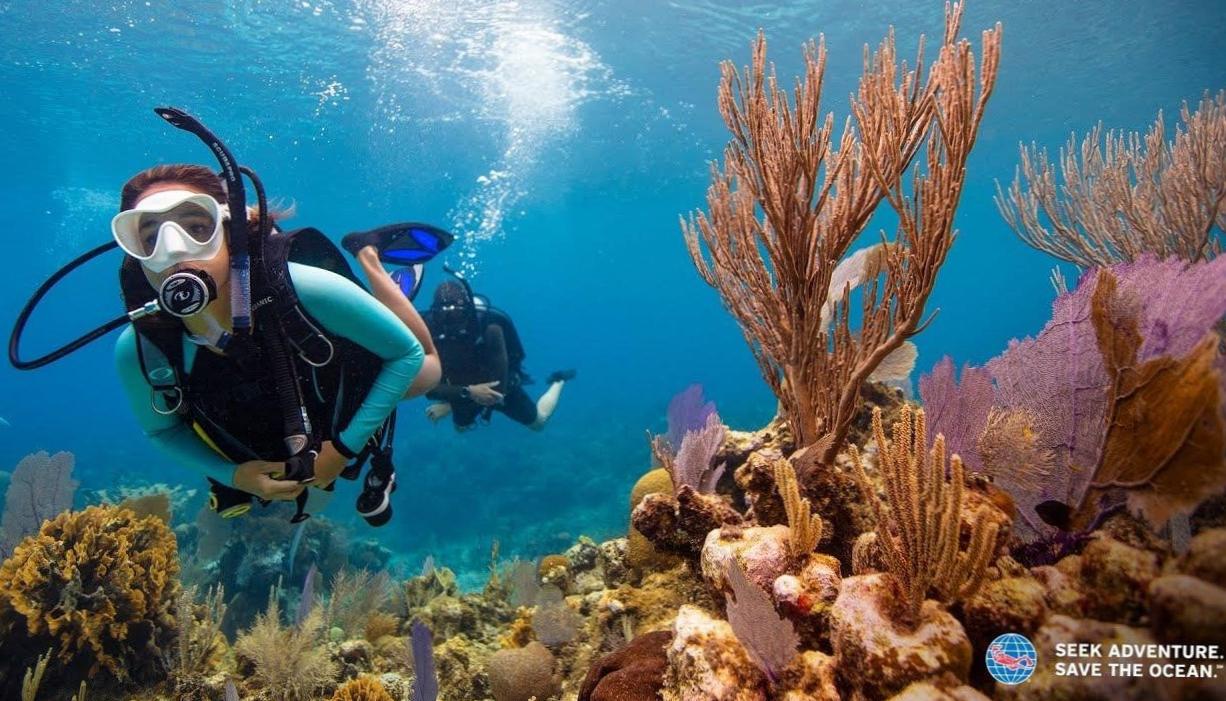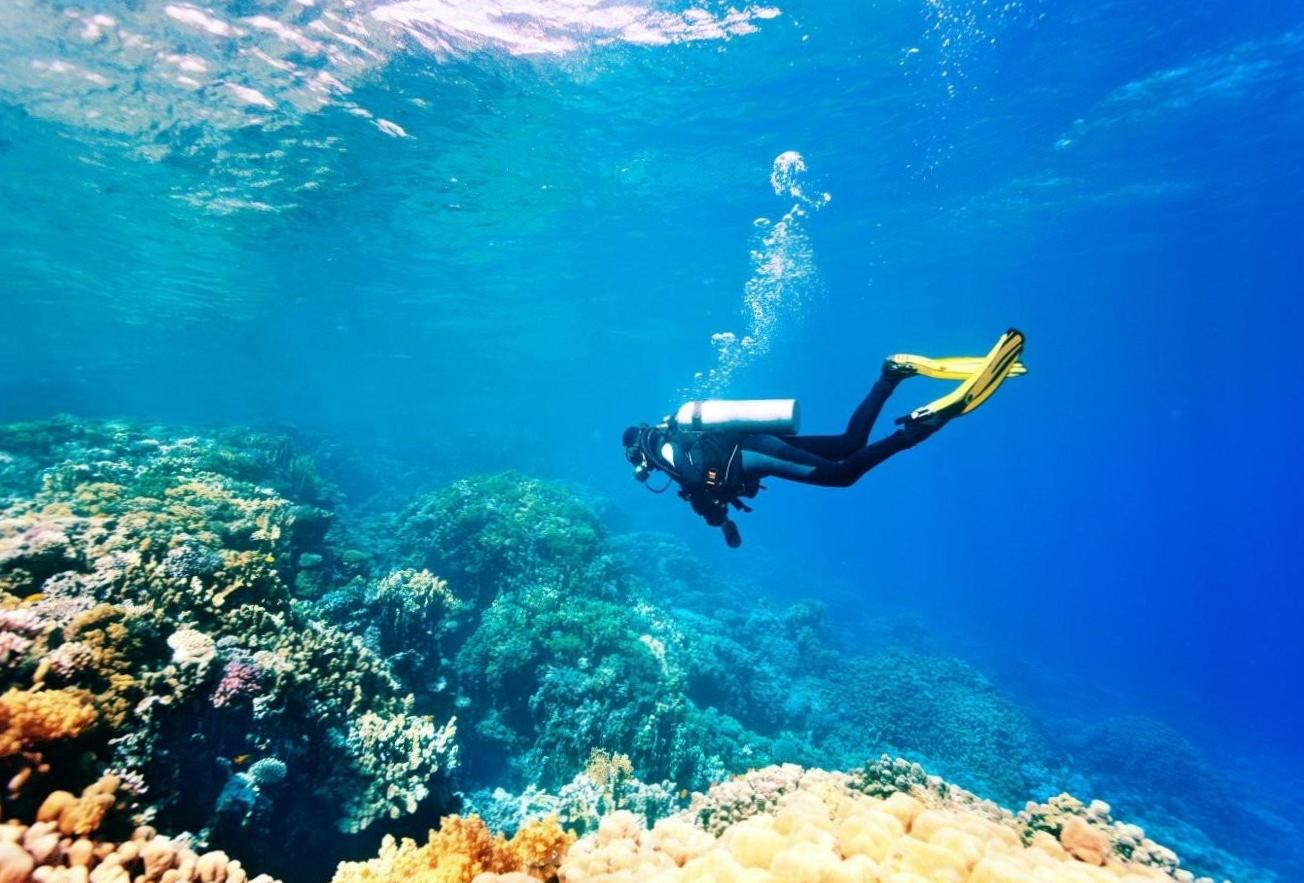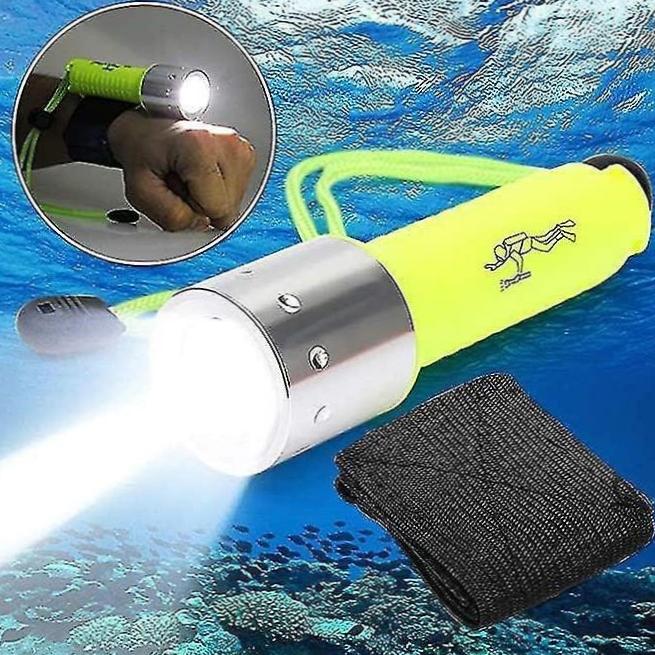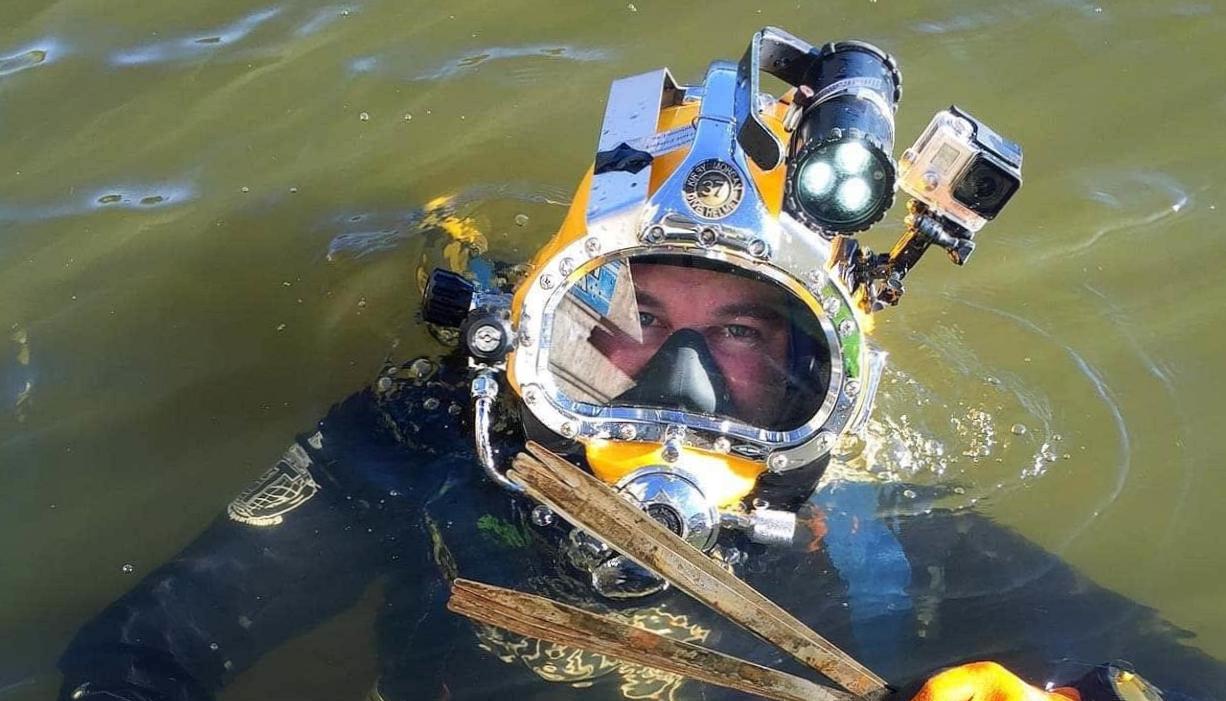Discover the wonders of diving and scuba diving with our comprehensive guide! Whether you’re a beginner or an experienced diver, this article is packed with valuable information to enhance your underwater adventures. From equipment essentials to safety tips, we’ve got you covered. Explore the fascinating world beneath the waves and start planning your next dive today.
Introduction to Diving and Scuba Diving
Are you ready to embark on an extraordinary adventure in the depths of the sea? Look no further! Our comprehensive guide to diving and scuba diving is here to take you on an exhilarating journey beneath the waves. Whether you are a seasoned diver or a complete novice, this article will equip you with all the knowledge and tips you need to explore the wonders of the underwater world.
[Diving and scuba diving offer a unique opportunity to discover a whole new world hidden beneath the surface. From vibrant coral reefs teeming with exotic marine life to mysterious shipwrecks encapsulating tales from the past, the underwater realm holds endless wonders to explore. But before you take the plunge, it is crucial to understand the basics.
Scuba diving involves diving underwater with the help of a self-contained underwater breathing apparatus (commonly known as SCUBA), which allows you to inhale air from a tank strapped to your back. It offers the freedom to explore underwater for extended periods, making it the go-to choice for most divers.
However, diving without the use of breathing apparatus, also known as free diving, requires a different set of skills. Holding your breath for long durations while descending into the depths can be quite challenging but immensely rewarding. Free diving allows you to immerse yourself in the underwater world with minimal gear and experience the tranquility of the ocean without any audible equipment noise.
In this comprehensive guide, we will delve into the intricacies of diving and scuba diving. From choosing the right diving equipment and understanding decompression theory to mastering essential diving techniques and staying safe underwater, we leave no stone unturned in equipping you for an unforgettable diving experience.
Whether you dream of exploring coral gardens in the tropics, diving alongside majestic whale sharks, or unraveling the secrets of sunken treasure ships, our guide has got you covered. Dive into a world of unmatched beauty and adventure, as we take you on a journey into the depths of the sea.
Stay tuned for our next articles, where we will dive into more specific aspects of diving and scuba diving, such as underwater photography, diving in different environments, and the mesmerizing diversity of marine life you can encounter. Get ready to unlock the door to a whole new world—welcome to the realm of diving and scuba diving!
Benefits and Importance of Diving and Scuba Diving
Have you ever wondered what lies beneath the mesmerizing blue surface of the oceans and seas? Diving and scuba diving offer the opportunity to explore the mysterious underwater world like never before. But, aside from the sheer exhilaration and adventure that comes with diving, there are numerous benefits and important reasons why you should consider taking up this thrilling water sport.
First and foremost, diving and scuba diving provide a unique chance to connect with nature on a completely different level. As you descend into the depths, you will be welcomed by a vibrant ecosystem teeming with marine life, coral reefs, and awe-inspiring rock formations. The serenity and beauty of this hidden world can have a profound impact on your mental well-being. The calming effect of being immersed in water combined with the breathtaking sights can help reduce stress, anxiety, and even promote better sleep patterns.
Moreover, diving and scuba diving also offer incredible physical health benefits. Engaging in this water activity is a fantastic way to stay active and improve overall fitness. The resistance of the water provides a gentle full-body workout, helping to strengthen muscles, increase flexibility, and enhance cardiovascular health. It is not only an enjoyable pastime but also an effective way to burn calories and achieve a toned physique.
Another significant advantage of diving and scuba diving is the expansion of your knowledge and skills. By becoming a certified diver, you gain access to a whole new world of learning about marine life, underwater exploration techniques, and dive safety. This knowledge can be shared with others, allowing you to become an advocate for ocean conservation and raise awareness about the importance of protecting our fragile underwater ecosystems.
Lastly, the sense of adventure and the thrill of venturing into the unknown cannot be understated. Diving and scuba diving enable you to push your boundaries, conquer fears, and experience a sense of accomplishment. The feeling of weightlessness, the freedom to explore, and the adrenaline rush from encountering exotic marine species create memories that last a lifetime.
In conclusion, diving and scuba diving offer an array of benefits and hold great importance for those seeking adventure, relaxation, and a deeper connection with the underwater world. Whether you are a beginner or an experienced diver, it is a hobby that provides physical and mental well-being, increased knowledge, and an unparalleled opportunity to explore the wonders of the marine realm. So, grab your gear, take the plunge, and embark on a lifelong journey to discover the marvelous depths of the ocean.
Essential Equipment for Diving and Scuba Diving
Exploring the underwater world is an exhilarating experience that allows you to witness nature’s beauty in a whole new way. Whether you are an avid diver or just getting started, having the right equipment is crucial to ensure safety and enhance your overall diving experience. In this comprehensive guide, we will walk you through the essential equipment you’ll need for diving and scuba diving. So, let’s dive right in!
First and foremost, a well-fitting mask is vital for any diver. It not only allows you to see clearly underwater but also keeps water out of your eyes, providing comfort and enhancing safety. Look for a mask that has a comfortable silicone skirt and a proper seal, ensuring it fits snugly on your face.
Next up, a good pair of fins are essential for propulsion and maneuverability in the water. Opt for fins that are sturdy yet flexible, providing you with the necessary power to move through the water effortlessly. Additionally, consider the type of diving you plan to do (such as reef diving, cave diving, or technical diving) and choose fins that are suitable for that specific environment.
Regulators are crucial pieces of equipment that allow you to breathe underwater. A reliable regulator should provide a smooth and consistent flow of air, and it should be easy to use and maintain. Make sure to choose one that is designed for the type of diving you plan to do and ensure it is properly serviced and inspected regularly to ensure its functionality and safety.
Buoyancy control devices, commonly known as BCDs, enable divers to control their buoyancy and maintain a comfortable position in the water. It is important to find a BCD that fits well, offers sufficient storage options for additional equipment, and has reliable inflation and deflation mechanisms.
Another key item to have is a properly fitting wetsuit or drysuit, depending on the water temperature you’ll be diving in. Wetsuits help regulate body temperature and provide protection against stings, cuts, and scrapes, while drysuits are designed to keep you dry in colder waters. Make sure to choose a suit that suits the conditions you’ll be diving in to stay comfortable and safe throughout your dive.
Lastly, having a dive computer or depth gauge is essential for monitoring your time and depth underwater, helping you to avoid decompression sickness and ensuring safe ascent times. These devices provide valuable information such as dive duration, current depth, and decompression limits.
Remember, investing in high-quality equipment is crucial for your safety and enjoyment while diving. Always check your gear before each dive, ensure it is well-maintained, and never underestimate the importance of proper training and certification. So, gear up, dive deep, and explore the captivating wonders that lie beneath the surface!
Safety Guidelines and Precautions for Diving and Scuba Diving
Diving and scuba diving are exhilarating and thrilling adventures that allow you to explore the mesmerizing underwater world. But before you take the plunge, it is essential to be aware of important safety guidelines and precautions to ensure a safe and enjoyable experience. Whether you are a beginner or an experienced diver, these tips will help you make the most out of your diving expedition while keeping you out of harm’s way.
1. Get certified: Before diving, make sure to get proper training and certification from a recognized scuba diving organization. This will equip you with the necessary knowledge and skills to handle potential risks that may arise underwater.
2. Plan your dive and dive your plan: Prioritize thorough planning and always stick to the dive plan. Familiarize yourself with the dive site, its conditions, and potential hazards. Plan your depth, time underwater, and ascents in advance to minimize risks.
3. Buddy system: Follow the buddy system rule where you dive with a partner. This ensures that someone is there to assist you in case of any emergency. Constant communication and keeping an eye on each other’s well-being are vital when diving.
4. Check equipment: Before every dive, inspect your diving equipment, including your mask, fins, buoyancy control device (BCD), regulator, and dive computer. Ensure they are in proper working condition and well-maintained to avoid any malfunctions underwater.
5. Equalize often: Equalizing your air spaces is crucial to prevent barotrauma injuries. This includes equalizing the pressure in your ears, sinuses, mask, and lungs. Remember to equalize early and often during the dive, especially when descending.
6. Monitor your air supply: Keep a close eye on your air gauge and never let it go below a safe level. Ascend gradually and always end your dive with a sufficient amount of breathing gas left in your tank.
7. Maintain good buoyancy control: Mastering buoyancy control is a fundamental skill in diving. Practice neutral buoyancy to minimize contact with delicate marine life and prevent damage to coral reefs.
8. Respect aquatic life: Avoid touching, disturbing, or removing any marine life. Observe from a respectful distance and leave the underwater world as you found it.
By following these safety guidelines and precautions, you can ensure a safe and enjoyable diving experience. Remember, safety should always be your top priority when exploring the depths of our magnificent oceans. Now, gear up and get ready to embark on a diving adventure you’ll never forget!
diving and scuba diving

